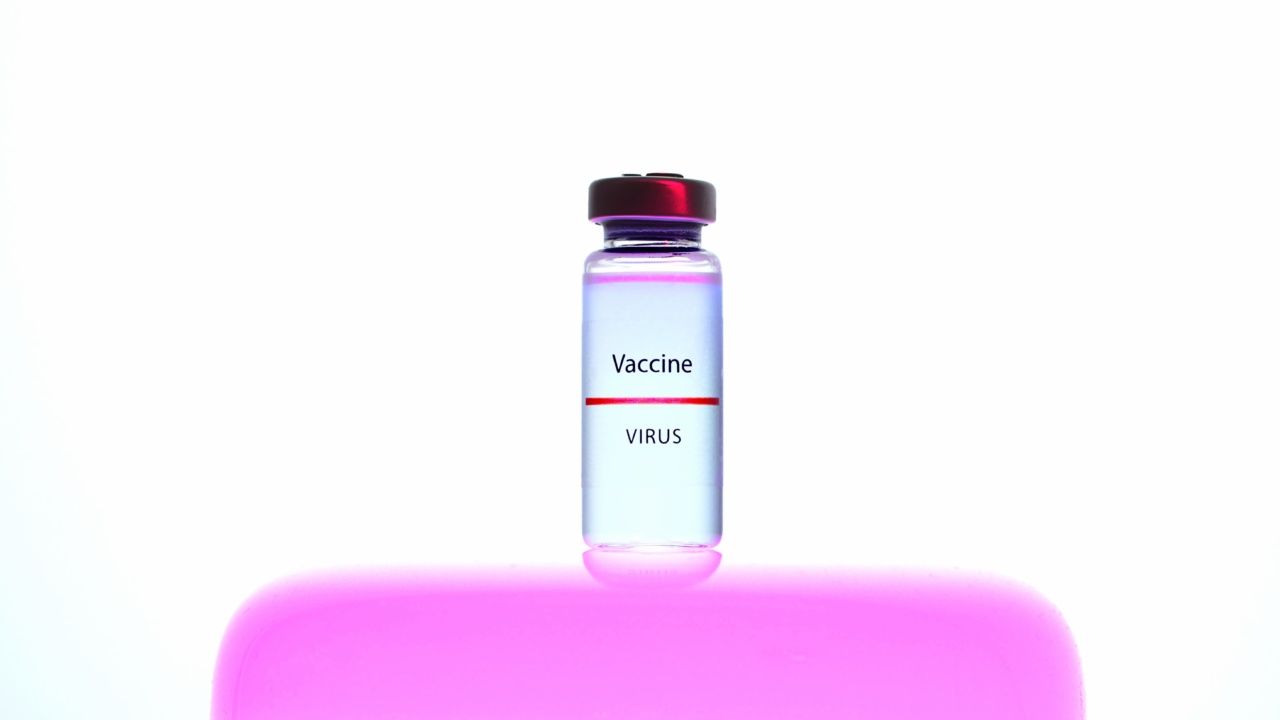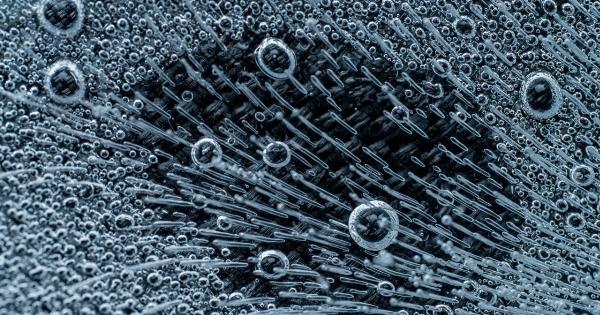Eggs are a popular and nutritious food that can be eaten in a variety of ways. They contain many important vitamins and minerals that are essential for good health, including vitamin D, vitamin B12, and iron.
But what about their relationship with stroke prevention?.
What is a Stroke?
A stroke occurs when the blood supply to the brain is interrupted, either due to a blood clot or bleeding in the brain. This can cause brain damage or even death. Strokes can have serious consequences, including paralysis or loss of speech.
Eggs and Cholesterol
For many years, people were advised to limit their consumption of eggs due to their high cholesterol content.
Cholesterol is a type of fat that can build up in the bloodstream, leading to blockages in the arteries and an increased risk of heart disease and stroke. One whole egg contains around 190 mg of cholesterol, which is more than half of the recommended daily intake for adults.
However, more recent research has shown that cholesterol in food does not have as much of an impact on blood cholesterol levels as previously thought.
Many experts now believe that the focus should be on reducing saturated and trans fats in the diet, rather than cholesterol.
Studies on Eggs and Stroke Risk
Several studies have looked at the relationship between egg consumption and stroke risk. Here are some of the key findings:.
Study #1
A study published in the Journal of the American College of Nutrition in 2016 found that eating one egg per day was not associated with an increased risk of stroke in healthy adults. The study followed 1,950 men and women for an average of 11 years.
Study #2
Another study published in the American Journal of Clinical Nutrition in 2018 found that there was no significant association between egg consumption and stroke risk in Chinese adults.
However, the study did find that a higher intake of eggs was associated with a higher risk of hemorrhagic stroke, which occurs when there is bleeding in the brain.
Study #3
A study published in the Journal of Nutrition in 2019 found that consuming up to one egg per day was not associated with an increased risk of stroke in older adults. The study followed over 4,100 adults aged 65 and older for an average of 10 years.
Eggs and Their Nutritional Benefits
While there may not be a direct relationship between egg consumption and stroke risk, there are many reasons to include eggs in your diet. Here are some of their nutritional benefits:.
Protein
Eggs are a great source of protein, which is essential for building and repairing tissues in the body. One large egg contains around 6 grams of protein.
Vitamins and Minerals
Eggs contain many important vitamins and minerals, including:.
- Vitamin D: Helps the body absorb calcium and maintain healthy bones.
- Vitamin B12: Helps the body produce red blood cells and maintain healthy nerve function.
- Iron: Helps transport oxygen throughout the body.
- Choline: Helps support brain function and fetal development during pregnancy.
Eating Eggs in Moderation
While eggs can be a healthy addition to your diet, it’s important to remember to eat them in moderation. Eating too many eggs, or other high-cholesterol foods, can still contribute to high blood cholesterol levels in some people.
If you have high cholesterol or a history of heart disease in your family, it’s a good idea to talk to your doctor about how many eggs you should be eating.
Conclusion
Overall, the research suggests that there may not be a direct relationship between egg consumption and stroke risk. However, it’s important to remember that everything should be consumed in moderation, and that includes eggs.
Eating eggs in combination with a healthy diet and exercise may help reduce the risk of stroke and improve overall health.































